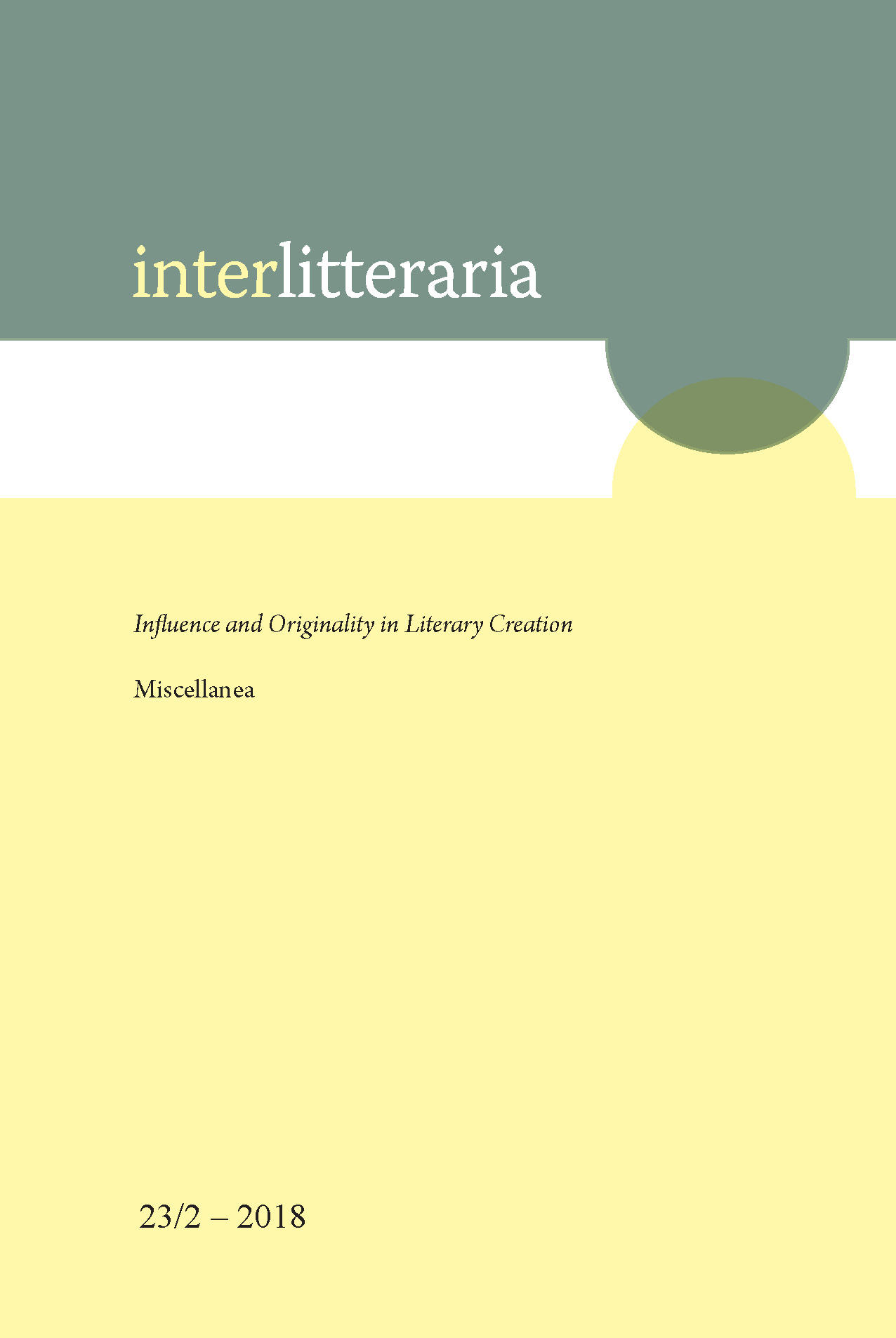Aliens in Love: Testing Bloom’s Theory of the Anxiety of Influence
Aliens in Love: Testing Bloom’s Theory of the Anxiety of Influence
Author(s): Tõnis ParkseppSubject(s): Comparative Study of Literature, Theory of Literature, Rhetoric
Published by: Tartu Ülikooli Kirjastus
Keywords: Harold Bloom; the anxiety of influence; Stanisław Lem; Solaris; Friedebert Tuglas; At the End of the World; rhetoric; tropes; literary history;
Summary/Abstract: The article aims to test the universality of Harold Bloom’s theory of the anxiety of influence. Underneath Bloom’s favourite tropes (Kabbalistic, psychoanalytic, Shakespearean, Miltonian, Blakean etc.) lies a diachronic system of misreading, which can be useful in analysing texts without any direct connections between them. By comparing two culturally distant but rhetorically similar prose texts, Friedebert Tuglas’s short story At the End of the World (1915) and Stanisław Lem’s novel Solaris (1961), this article suggests that it is possible to overcome the accustomed boundaries of national literary histories. Both of these stories depict a communication error when humans are confronted with the unknown other. The texts have alternative figures describing the alien and similar tropes presenting the human. To explore the potentiality of figurative kinship between the two authors who are strangers to each other is not an ill-fated quest, but a search, which would eventually allow us to see some hidden patterns that literary studies usually miss.
Journal: Interlitteraria
- Issue Year: XXIII/2018
- Issue No: 2
- Page Range: 247-262
- Page Count: 16
- Language: English

